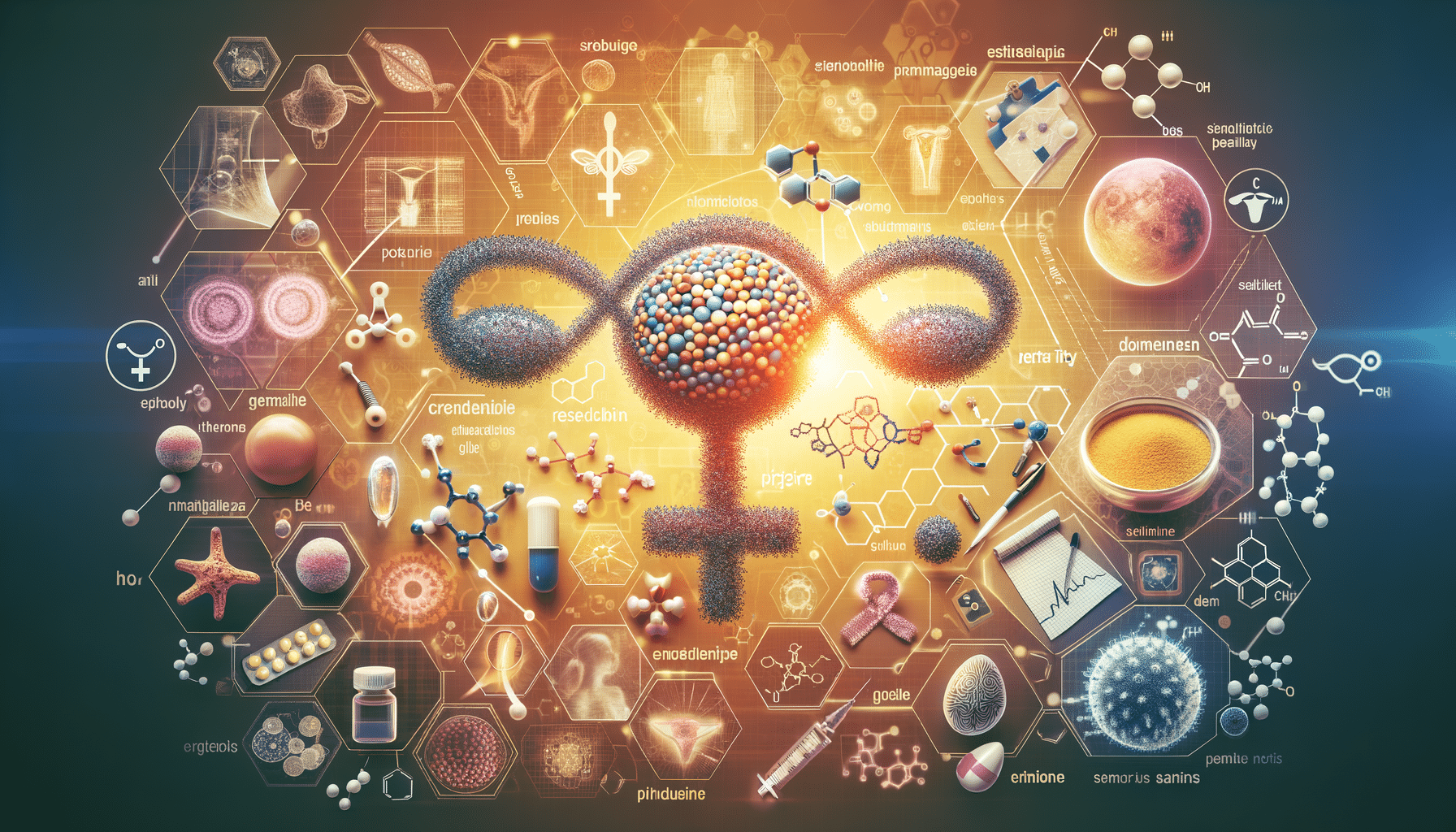
Understanding Estrogen: Its Role and Impact on Health
Introduction to Estrogen
Estrogen is a vital hormone in the human body, predominantly recognized for its role in the female reproductive system. However, its influence extends beyond reproduction, affecting various physiological processes in both men and women. Understanding estrogen’s multifaceted functions can provide insights into its importance for overall health and well-being. This article delves into the complexities of estrogen, examining its roles, benefits, and potential health implications.
The Biological Role of Estrogen
Estrogen is primarily produced in the ovaries, but it is also synthesized in smaller amounts by the adrenal glands and fat tissues. In women, estrogen is crucial for regulating the menstrual cycle, supporting pregnancy, and maintaining the reproductive system’s health. Beyond these reproductive functions, estrogen impacts several bodily systems:
- Bone Health: Estrogen helps maintain bone density by inhibiting bone resorption, thus reducing the risk of osteoporosis.
- Cardiovascular System: It contributes to cardiovascular health by promoting the dilation of blood vessels and maintaining healthy cholesterol levels.
- Skin and Hair: Estrogen enhances skin elasticity and moisture, and it influences hair growth.
In men, estrogen is present in lower concentrations but remains essential for modulating libido, erectile function, and sperm production. Its balance is crucial, as both excess and deficiency can lead to health issues.
Estrogen and Mental Health
Estrogen’s influence on mental health is profound, with research indicating its role in mood regulation and cognitive function. Fluctuations in estrogen levels, especially during menopause, can lead to mood swings, depression, and anxiety. Estrogen is thought to interact with neurotransmitters such as serotonin, which is pivotal in mood stabilization.
Studies have shown that hormone replacement therapy (HRT) can alleviate some mental health symptoms associated with menopause. However, HRT is not without risks, and its benefits must be weighed against potential side effects. The relationship between estrogen and mental health is complex, necessitating further research to fully understand its mechanisms and therapeutic potential.
Health Implications of Estrogen Imbalance
An imbalance in estrogen levels can lead to various health issues. High estrogen levels, or estrogen dominance, can result in symptoms such as weight gain, mood swings, and increased risk of certain cancers. Conversely, low estrogen levels, commonly seen in menopause, can cause hot flashes, night sweats, and vaginal dryness.
Managing estrogen levels involves a combination of lifestyle changes and medical interventions. Diet and exercise can naturally influence estrogen levels, while medical treatments like HRT or medications can address more severe imbalances. Regular health check-ups and consultations with healthcare providers are essential for monitoring and managing estrogen-related health issues.
Conclusion: The Importance of Estrogen in Health
Estrogen is a cornerstone of human health, affecting a wide array of physiological and psychological processes. Its influence extends beyond reproductive health, impacting bone density, cardiovascular function, and mental well-being. Understanding estrogen’s role is crucial for recognizing the signs of imbalance and seeking appropriate interventions.
For individuals experiencing symptoms of estrogen imbalance, consulting with healthcare professionals is vital. Through informed discussions and personalized care, it is possible to maintain optimal health and mitigate the risks associated with hormonal fluctuations.


